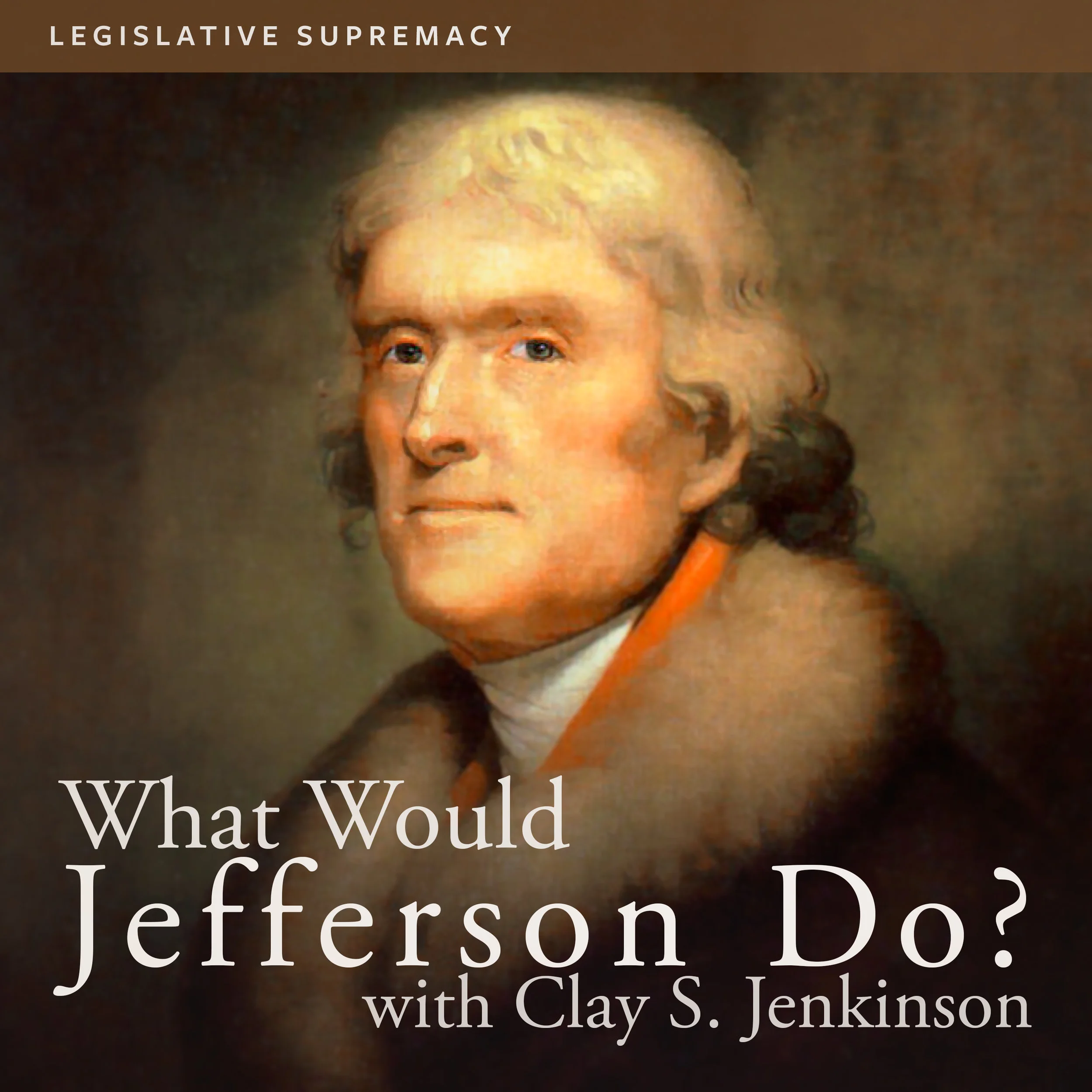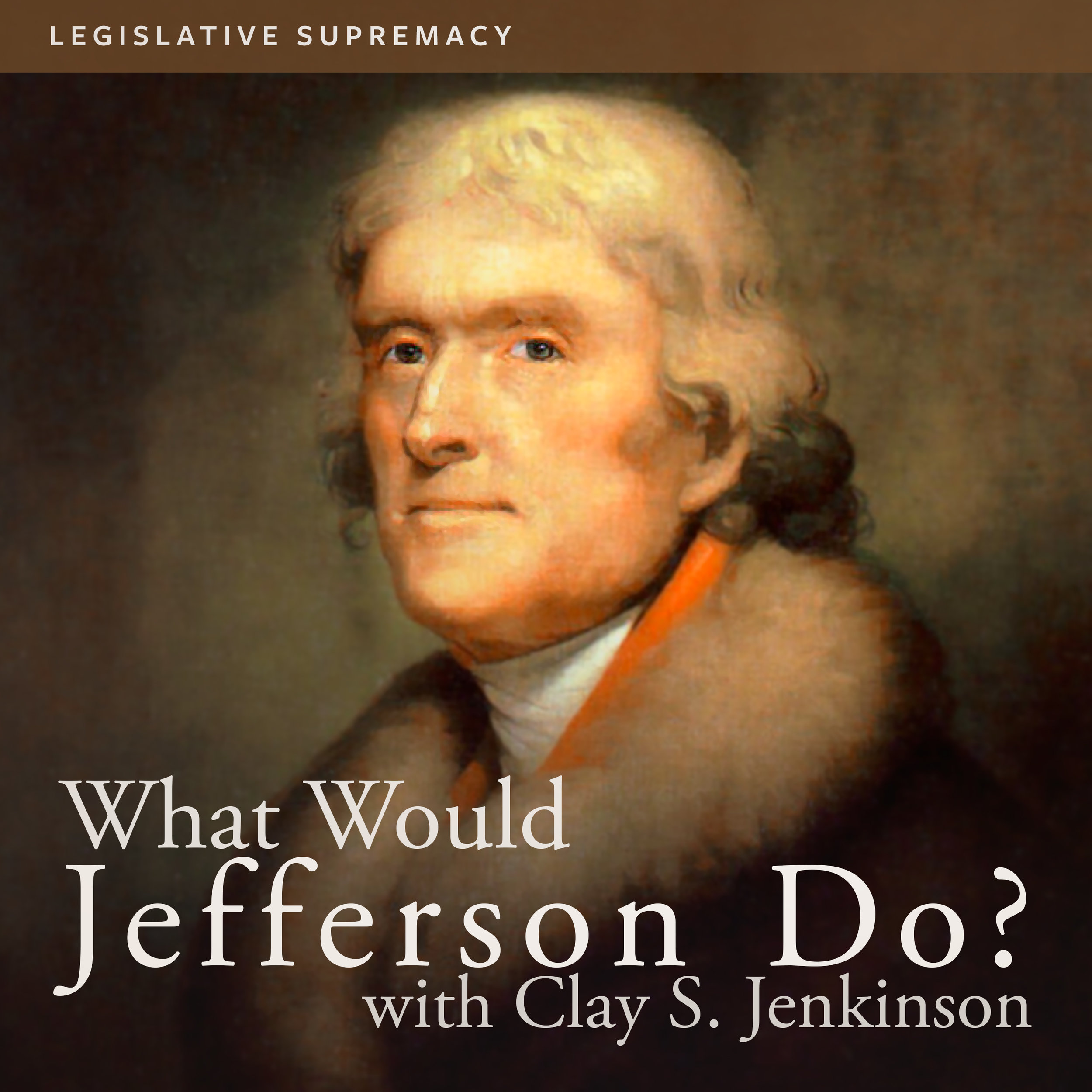“All positive legislation must come out of the congress of the United States. Any president who creates law from his desk should be impeached.”
Tune in to your local public radio or join the 1776 Club to hear this episode of What Would Thomas Jefferson Do?


Dr. Lindsay Chervinsky and Clay Jenkinson discuss the Fourteenth Amendment to the United States Constitution.
Clay Jenkinson speaks with Beau Breslin, author of A Constitution for the Living: Imagining How Five Generations of Americans Would Rewrite the Nation's Fundamental Law. The book examines an idea that Jefferson shared with James Madison in 1789: "What would America's Constitutions have looked like if each generation wrote its own?"
We welcome back Dr. Lindsay M. Chervinsky to discuss her recent post "How Did the Senate End Up With Supermajority Gridlock?" She and Clay talk about the filibuster and congressional gridlock which they both feel is the product of decades of legislative machinations and not what the Constitution, nor the framers, intended.
When reading Thomas Jefferson’s correspondence, one often sees examples of his belief that the less government, the better. In this week's episode, President Thomas Jefferson discusses the writing of the Constitution and comments on The Journal of the Federal Convention by James Madison. Jefferson wrote, "it may be proved that no society can make a perpetual constitution, or even a perpetual law. The earth belongs always to the living generation."